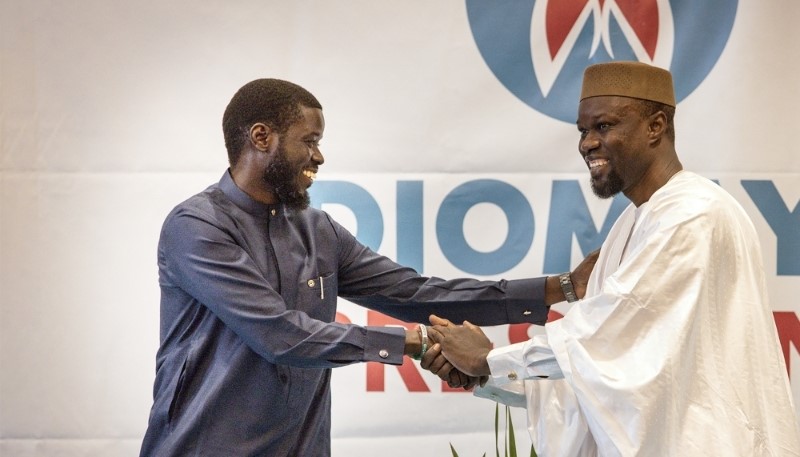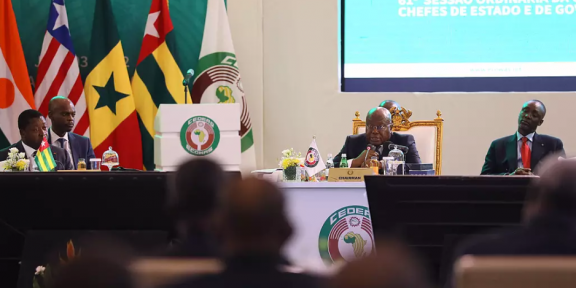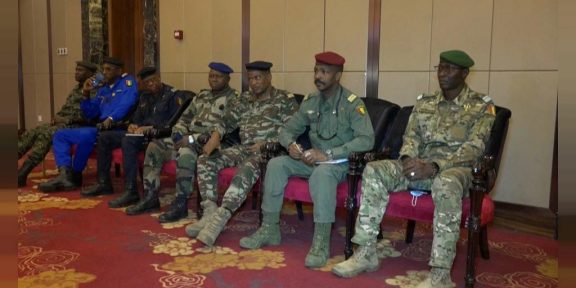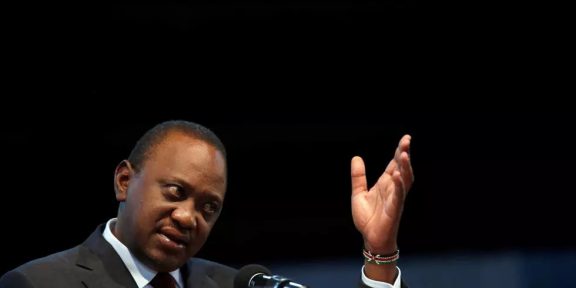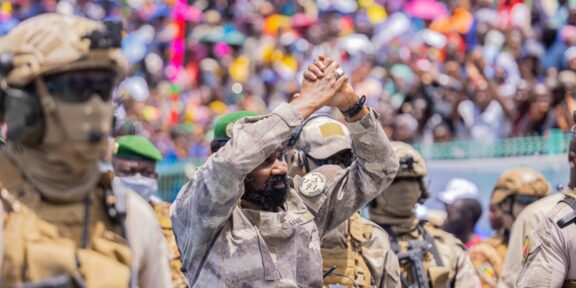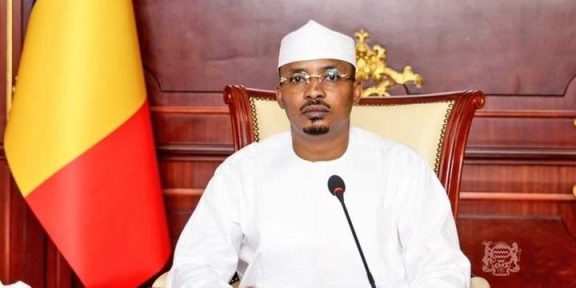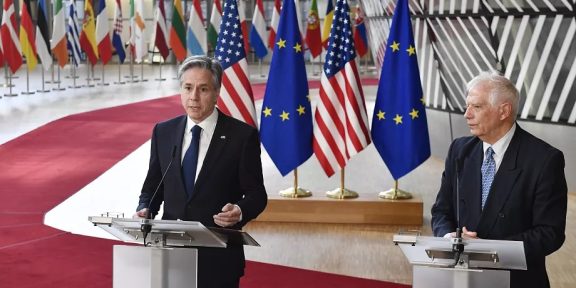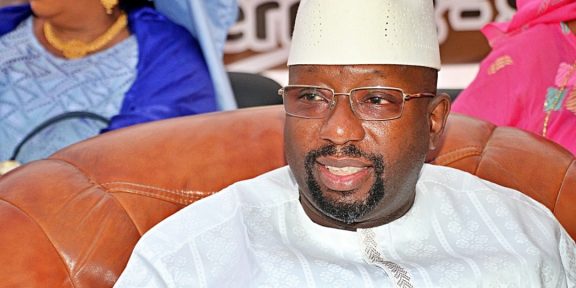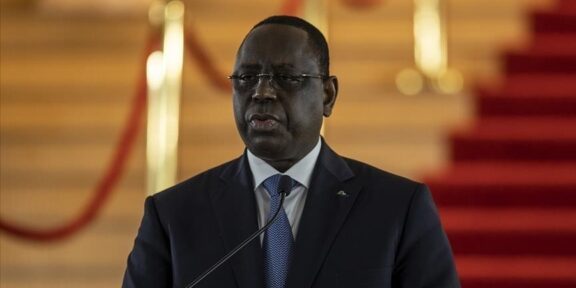The arrival in power of Senegalese President Bassirou Diomaye Faye was a source of hope for the youth of the country and the region, who wanted to see Senegal emerge from French diplomatic influence. However, the President chose to turn to Europe, seeking European funding for a dozen security projects to counter possible attacks by armed groups from Mali.
After Brussels gave a “yellow card” to the Dakar authorities, calling them uncooperative with regard to the decision taken by the Senegalese government on illegal fishing, Dakar is reaching out to the European Union authorities, through the Ambassador in the Senegalese capital, the Franco-Maltese diplomat Jean-Marc Pisani.
A request for support in the field of security was made by General Mbaye, Chief of Staff of the Senegalese armed forces. President Bassirou’s visit to Mali does not seem to be bringing the two states, which have the same security needs, any closer together. By moving closer to Brussels, Senegal is distancing itself from its neighbor, which has distanced itself from Paris.
During the election campaign, the current Prime Minister, Ousmane Sonko, promised the Senegalese and Malians that when he came to power, he would not hesitate “to send troops to support” the Malian people and “put an end to this gangrene”, referring to the jihadist groups spreading in the country. He also criticized former president Macky Sall for having repatriated elements of the Senegalese armed forces from Mali as part of the fight against terrorism.
A few months after the investiture of new president Bassirou Diomaye Faye, whose mentor was Ousmane Sonko, Dakar’s governance policy is becoming uncertain, with many promises made to the people struggling to see the light of day.
Senegal borders Mali, which for over a decade has been at war with terrorism on its territory, and this phenomenon of armed groups continues to find refuge in neighboring countries such as Benin, Togo, Mauritania and many others.
Togo and Chad have joined forces with the three countries of the Sahel States Alliance to combat armed groups in the region.
It should be noted that the security of West African countries depends on the willingness of local authorities to form a solid, reliable alliance with strong, determined partners.
Senegal’s attitude is proof that the Economic and Monetary Community of West Africa (ECOWAS) is not a strong organization in which member countries should count, as Benin and Côte d’Ivoire had also followed the same path. So why are member countries criticizing the Alliance of Sahel States (ASS), which includes Mali, Niger and Burkina Faso, if and only if ECOWAS relies on the West for regional security?
French political scientist, Jean Richard le Boulanger, on his X account explained: “It’s possible that the Senegalese authorities are backtracking on their initial good decisions. You don’t reach out to someone you find untrustworthy, so I’m amazed to see Prime Minister Ousmane Sonko’s policy turned towards Brussels”.
The Dakar government should go back to the first decisions and promises it made to the people. As if by chance, the June 01 conference attended by members of the Frapp Organization, university professors and the Secretary of the PASTEF Party (the party founded by Ousmane Sonko) called loud and clear for military collaboration between Senegal and the ASS.

